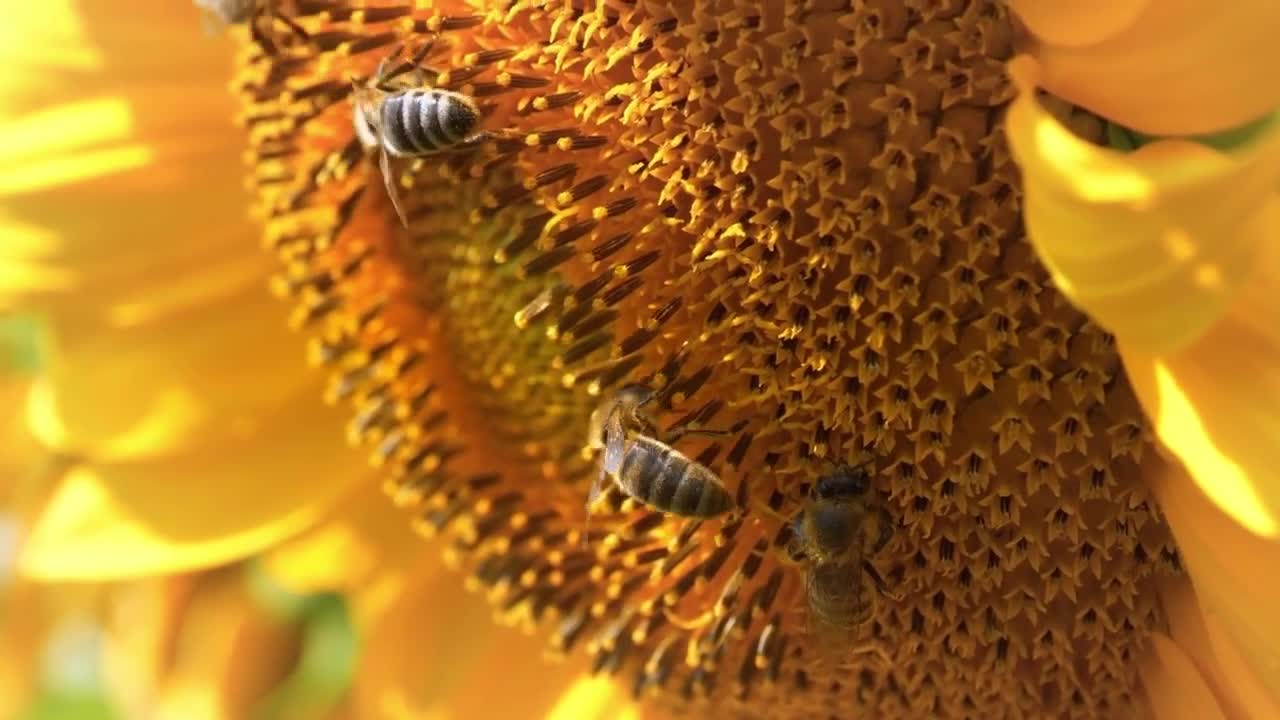AMERICAN FORK, Utah — The massive fire at Beehive State Honey in American Fork left behind heartbreaking damage, destroying the Frazier family’s main facility and causing what they estimate to be millions of dollars in losses.
But in the middle of all that devastation, there’s one piece of genuinely good news: the bees survived. And that matters more than most of us realize.
For the Fraziers, the survival of their colonies is both a relief and a responsibility. Even without a building, the work goes on. Their bees still need care, and the family says they’re determined to keep pushing forward one step at a time while they figure out how to rebuild.
Beyond the farm itself, experts say Utah’s bee population plays an outsized role in keeping the state’s ecosystems and agriculture thriving. Utah is considered a “real treasure” for native bees, home to more than 1,100 species.
While honey bees often steal the spotlight, they’re just one tiny slice of the bustle happening in our wildlands and agricultural fields every day.
Bees are a cornerstone of our food chain — many plants can’t reproduce without them. They pollinate crops, support local agriculture, and kickstart the chain of plants → herbivores → carnivores that keep whole ecosystems running.
Whether on farms or in Utah’s rugged landscapes, bees are doing far more behind the scenes than most people ever see.
The Frazier family’s operation reaches far beyond their main property, too. Their hives are placed on private lands up to 100 miles away, allowing bees to forage on natural resources — a process that not only supports healthy ecosystems but helps create high-quality honey.
Now, with an estimated 60 million bees depending on them, the Fraziers are turning their focus to the future. Rebuilding the facility will take time, but their priority is keeping their colonies healthy and active — because those bees are doing essential work for communities all across Utah.




